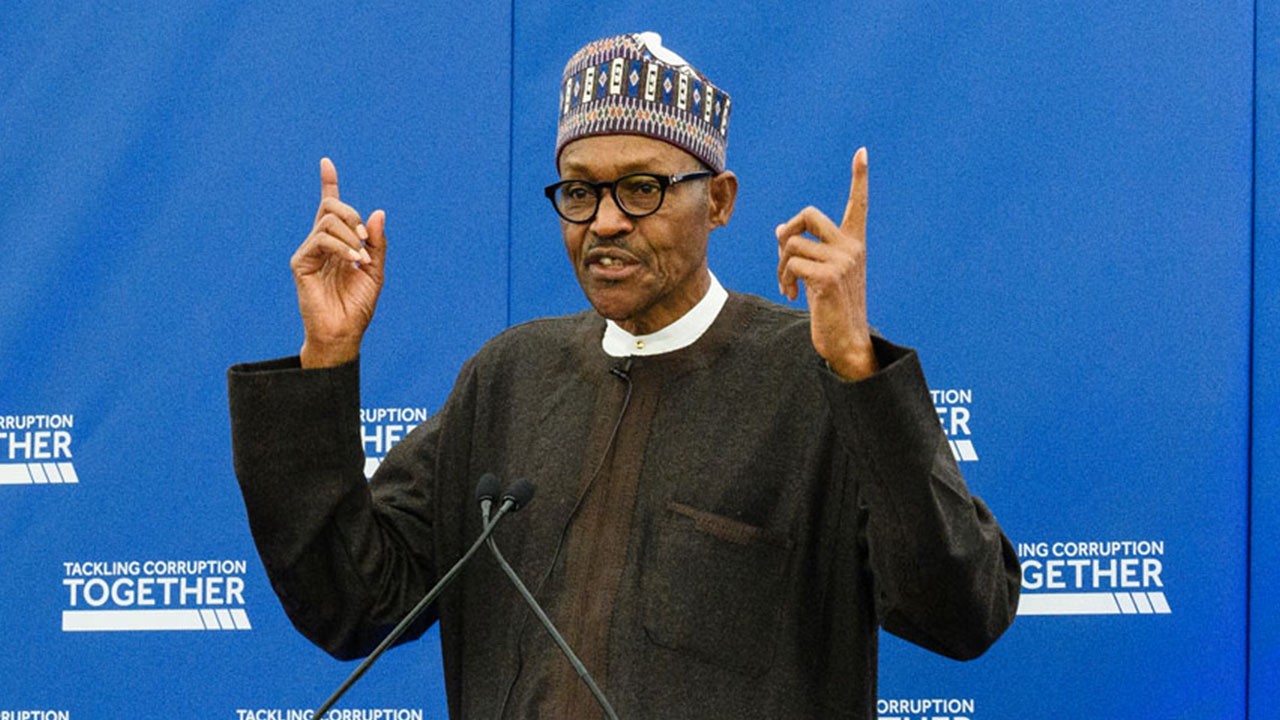Nigeria, Anti-Corruption and Asset Recovery Bill: Matters Arising
In 2017, the Nigerian government unveiled the National Action Plan (NAP) of the Open Government Partnership (OGP) with two major commitments to “asset recovery,” thanks to the UK-sponsored Anti-Corruption Summit in London in 2016, a major event that galvanized the government into action. What are these commitments? First, Nigeria made a commitment to strengthening asset recovery legislation by passing the Proceeds of Crime Bill in a bid to enable transparent management of returned assets and non-conviction-based approach to asset recovery. The second commitment focuses on developing internationally endorsed guidelines for the transparent and accountable management of returned stolen assets. Why these commitments? According to a World Bank report, issued in December 2006, the Abacha loot (1.0 of $500m) was used to fund the 2004 budget which was spread across 5 key sectors — Health, Education, Water, Electricity and Roads — that are related to the Millenium Development Goals (MDGs), with a common understanding that the repatriated funds would be spent mostly on new and ongoing investment projects in these sectors. However, monitoring the management and utilization of these funds turned out very difficult (if not almost impossible). Why? The resources were treated as part of general budget resources. As such, increased allocations to various agencies were not clearly labelled in the budget as coming from the repatriated ‘Abacha loot’. Indeed, it was only after spending had begun that the FGN and Swiss officials agreed on funds monitoring and tracking. The loopholes were noticed because there was no proper guideline in the management of returned stolen assets and based on the commitment made by President Muhammadu Buhari, we ought to have sorted out these commitments. Apparently, there’s the need for transparency in the management of recovered assets to avoid suspicions about the caretakers of the assets. The Proceeds of Crime (POC) bill was passed by the 8th National Assembly and presented to President Buhari for assent. Turned out, the bill was not signed into law because of a review and recommendation by top agencies relating to concerns that the bill would reduce or limit their powers on seizure and management of recovered assets. It’s imperative to note that there are so many agencies that seize assets from both individuals and companies. For instance, the customs officers seize contraband goods from smugglers which are destroyed while seized vehicles are auctioned. Other agencies like the Economic and Financial Crimes Commission (EFCC) and Independent Corrupt Practices Commission (ICPC) also recover assets for the government. Meanwhile, the POC bill gives room for an independent agency to manage all recovered assets/forfeiture assets in a transparent manner which could be used to fund the budget. The Abacha 2.0 is used as part of the social intervention programme of this administration which has been successful to an extent when compared to the last recovered loot (Abacha 1.0) which was directed at certain projects. Though the President Advisory Committee Against Corruption (PACAC) have developed guidelines on asset management, PACAC is an advisory committee without the powers to enforce implementation of issued guidelines. As the status of the two commitments remains “not done,” it is highly crucial that the POC bill is re-introduced by the 9th Assembly. It’s rather more imperative that the President assents to the bill. To strengthen and institutionalize anti-corruption in the country, an independent agency that manages recovered assets is a must for Nigeria. The PACAC’s draft of the guidelines of the management of asset recovered must be adopted. Article written by Tolutope Agunloye, BudgIT’s Head of Open Government and Institutional Partnerships
